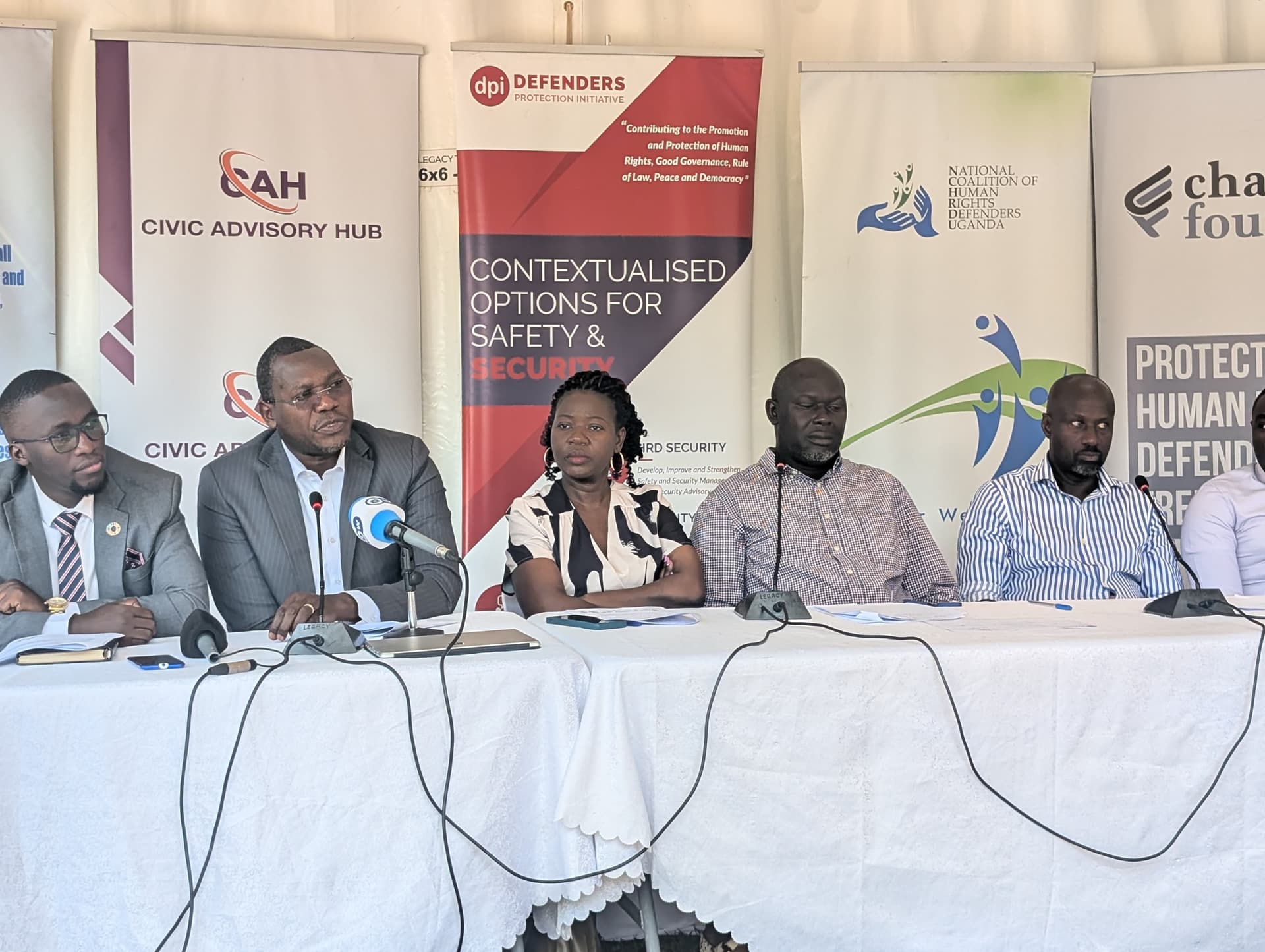Parliament’s approval to the amendment of schedule 2 of theAnti-Money Laundering Act (Cap. 118),to remove Non Governmental Organisations (NGOs), churches, and other charitable/Non Profit Organisations (NPOs) from the list of accountable persons – marks a critical shift in the regulation and therefore the operation of NGOs in the country.
The Burden of Over-Regulation on NGOs
Since 2020, NGOs have been classified as "accountable persons" – businesses and professions deemed as likely to be used for Money Laundering (ML) and or Terrorism Financing (TF) abuse. This placed them under stringent regulations and monitoring typically reserved for high-risk sectors like banking and real estate. This included:
- Excessive administrative demands for registration and licensing.
- Multiple reporting requirements to multiple regulators.
- Mandates to train and maintain in-house compliance policies and officers.
- Exorbitant requirements from banking institutions.
These measures, while well intentioned to combat ML and TF, created unnecessary hurdles for NGOs, diverting already stretched out resources from their core work. Not to mention, these regulations were often misapplied, resulting in NGO account freezes, arbitrary arrests of NGO leaders on suspicion of ML/TF, and other unwarranted actions. This not only further hampered operations, but also contributed to strained relationship and eroding trust between the NGO sector actors and the regulators.
Read more: National NPO Regulatory Authorities Survey: Cultivating Trust To Improve NPO Sector Governance.
Risk -Based Instead of One size fits all
Delisting ushers in a risk-based monitoring approach, which targets specific NGOs identified as high-risk for ML/TF abuse rather than applying blanket regulations across the sector. The NPO Terrorism Financing Risk Assessment conducted by the Financial Intelligence Authority (FIA), which classified NGOs as low-risk for ML/TF abuse is a good guide for this..
A risk-based approach also ensures regulation aligns with the realities of the sector, balancing oversight with a conducive environment for NGOs to operate effectively who are an essential contributor to national development.
This shift also aligns with international best practices recommended by the Financial Action Task Force (FATF) and the Eastern and Southern Africa Anti-Money Laundering Group (ESAAMLG).By following this recommendation, Uganda not only ensures a conducive operating environment for civil society but also maintains compliance with FATF standards, reducing the risk of being grey-listed again.
Towards Improved Sector Governance and Trust Building
This milestone not only represents a victory for the advocacy efforts of the Defenders Protection Initiative and the NPO Working Group on FATF, of which Civic Advisory Hub is a member, but it also marks a significant step toward improved NGO operational landscape by striking a delicate balance between ensuring national financial integrity and safeguarding civic space.
Moreover, this marks a step closer towards rebuilding trust between regulators and NGO sector actors. This achievement, born from collaborative efforts from both parties, demonstrates the potential for effective partnerships in advancing both effective governance and an enabling environment for NGOs.
